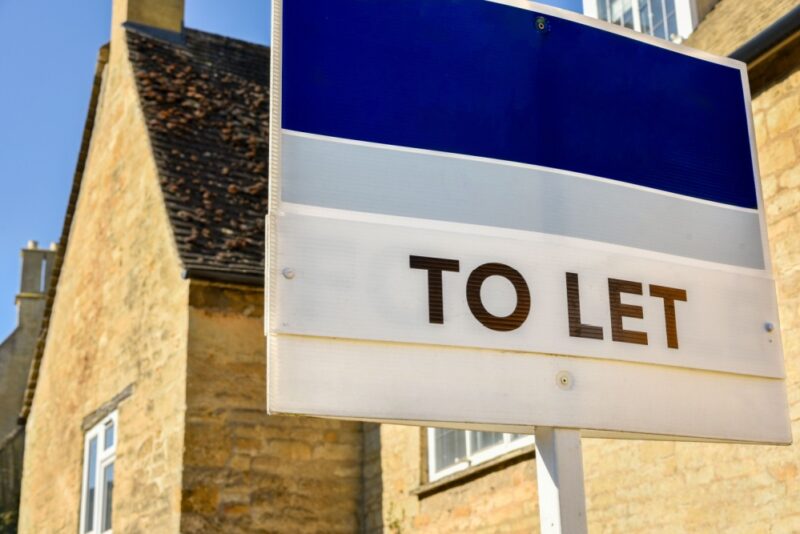Research suggests that landlord profitability levels have increased for the first time since 2022 as the market stabilises. However, figures indicate the pace of growth could slow in 2025.
According to a survey published in MoneyAge, 87% of landlords said they made a profit in the third quarter of 2024, with 17% stating they made a large profit. This is the highest level reported by landlords since the first quarter of 2022.
Additionally, the number of landlords who made a loss fell from 6% to 4% when compared to a year earlier. The remaining 9% said they broke even.
At a regional level, 90% of landlords operating in the east of England reported making a profit. Above-average levels of profitability were also reported in the south west and east Midlands.
So, if you’re a landlord, read on to find out what could affect your profits in 2025.
Demand is pushing up rental prices but it’s set to slow
In many areas, demand is pushing up rental prices. However, over the next year, the pace that rental prices rise is set to slow down, figures from Zoopla suggest.
Indeed, according to statistics, the average rent for new lets in October 2024 was £1,270 a month – a 3.9% rise when compared to a year earlier. While an increase is positive news for landlords, the rise is several percentage points lower than just a few months earlier – in April 2024, rental prices increased 6.6% year-on-year.
Notably, while rental inflation is lower across all regions than it was a year ago, except for Northern Ireland, the cheapest areas are experiencing the fastest increases. Investing in property in areas like Rochdale (11.9%), Blackburn (10%), and Birkenhead (9%) could represent value for money for landlords.
Yet, the unaffordability of homeownership for many families and the low growth in the size of the social rented sector means that rental prices are expected to continue rising, albeit at a slower pace than in previous years.
In 2025, Zoopla expects rents for new lets to increase by around 4%.
Falling interest rates could boost your profitability in 2025
While the pace of growth in rental prices might fall in 2025, the good news is that interest rates are also expected to fall.
The Bank of England (BoE) increased its base interest rate to control high inflation, which is likely to have had a direct effect on your mortgage repayments over the last few years.
While inflation is still above the BoE’s annual 2% target, it’s fallen significantly from its peak of 11.1% in October 2022 – the highest rate recorded in 40 years. Indeed, in the 12 months to November 2024, the inflation rate was 2.6%.
So, as the inflation rate stabilises, the BoE is expected to reduce its base rate during 2025, a move it has already taken twice in 2024.
As a landlord, the base interest rate falling might benefit you by lowering your mortgage repayment and, as a result, boosting the profitability of your portfolio.
Let’s say you’ve borrowed £150,000 through an interest-only mortgage.
If your current interest rate is 4.5%, that means a monthly repayment of £562. Should the BoE make cuts, and your interest rate falls to 3.5%, the repayment would fall to £438.
While that might seem relatively small, it’s a sum that could add up during the year, especially if you own multiple buy-to-let properties.
Get in touch to talk about your buy-to-let mortgage needs
If you’re looking to expand your property portfolio in 2025 and will need a mortgage to do so, please get in touch.
As a mortgage broker, we could work with you to find a competitive deal that might reduce your outgoings and increase the profitability of your buy-to-let. We’ll help you assess which lenders could be right for your needs and be on hand during the application process to offer assistance should you need it.
Please note: This blog is for general information only and does not constitute financial advice, which should be based on your individual circumstances. The information is aimed at retail clients only.
Your property may be repossessed if you do not keep up repayments on a mortgage or other loans secured on it.
The Financial Conduct Authority does not regulate some buy-to-let mortgages.




